Lance Armstrong: Doping in 1990s could not be stopped
- Published
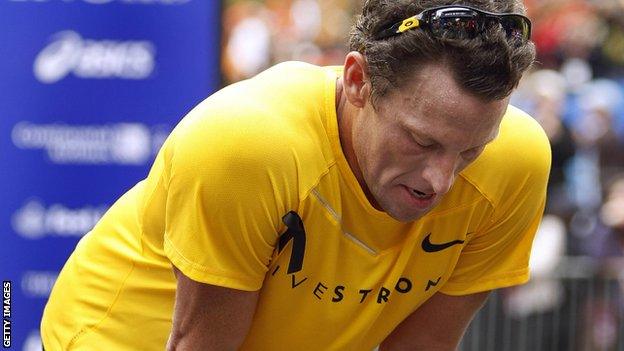
Lance Armstrong says the authorities of cycling and other endurance sports were powerless to stop doping in the 1990s.
The American was banned for life and stripped of his seven Tour de France titles by the United States Anti-Doping Agency last year over drug use.
He said: "They could not do a thing - like the head of the IAAF (athletics) couldn't do a thing, and the head of FINA (swimming) couldn't do a thing.
"They just did not have the tools to do anything until maybe 10 years later."
In an interview with American chat show host Oprah Winfrey in January this year, Armstrong admitted his central involvement in a sophisticated doping conspiracy.
He took the banned performance-enhancing substance EPO (erythropoietin), which was undetectable until a test became available in 2000., external
During the first part of an interview with Cycling News,, external Armstrong explained the circumstances behind his decision to use more serious substances.
"We rode in 1994 and we didn't move into high-octane. We just suffered through the year," he said.
"In '95, we just decided to make that next step. It's not my style to name names. There were certainly as a whole us American guys, to generalise that group, who made that decision together.
"Perhaps there were people on the team, older riders who we knew had done that, and there were others - we had to have help from the team doctor - but these are all people who have avoided any consequences. Totally."
International Cycling Union, external (UCI) president Brian Cookson is also thought to be keen to speak to Armstrong as part of his independent inquiry into doping.
- Published29 October 2013
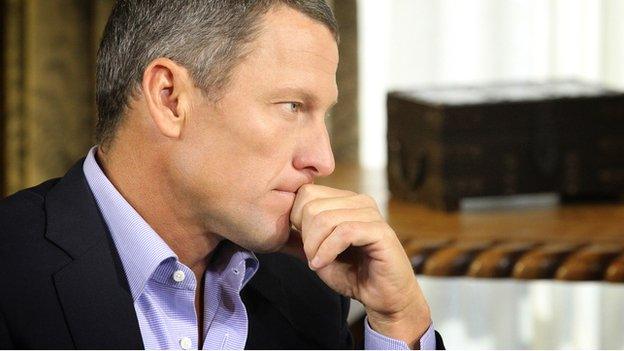
- Published22 October 2013
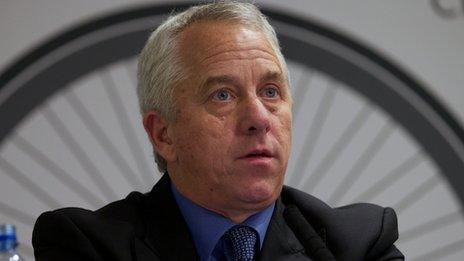
- Published11 October 2013
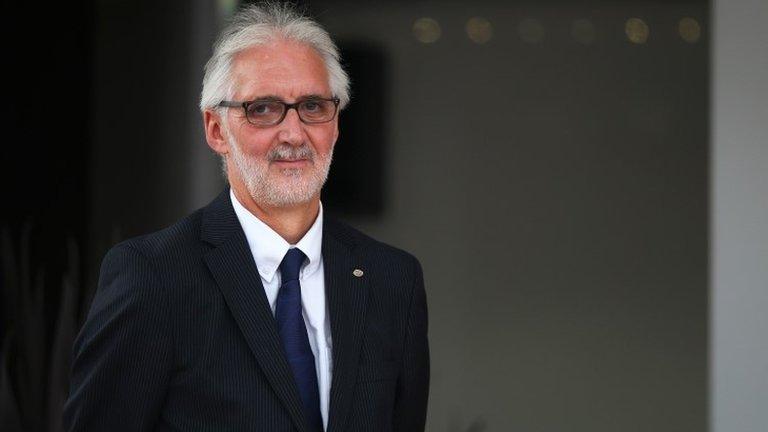
- Published18 January 2013
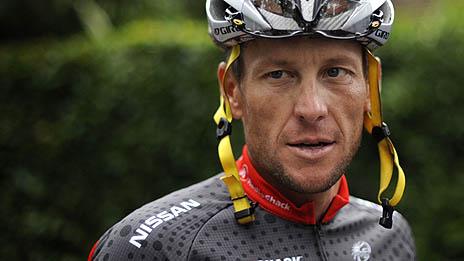
- Published19 July 2013
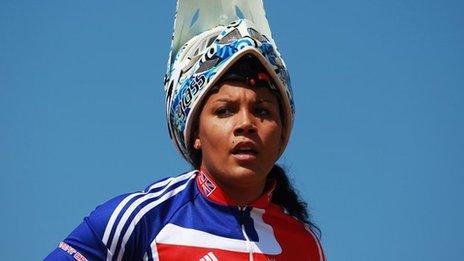
- Published19 July 2013
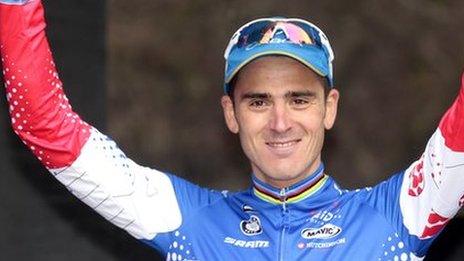
- Published4 September 2014
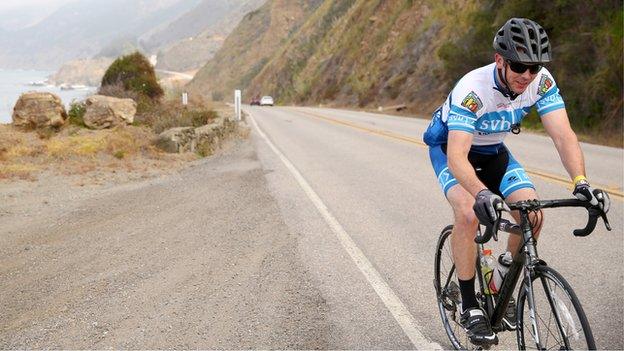
- Published19 July 2013
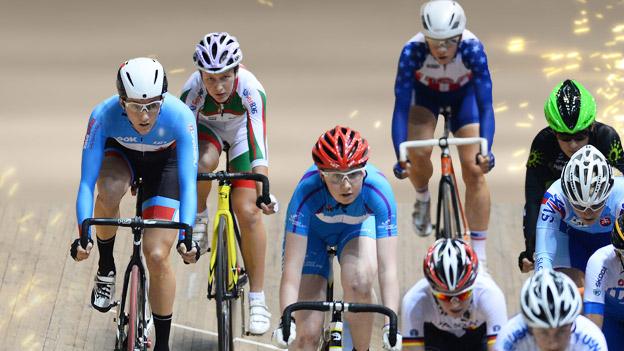
- Published19 July 2016
